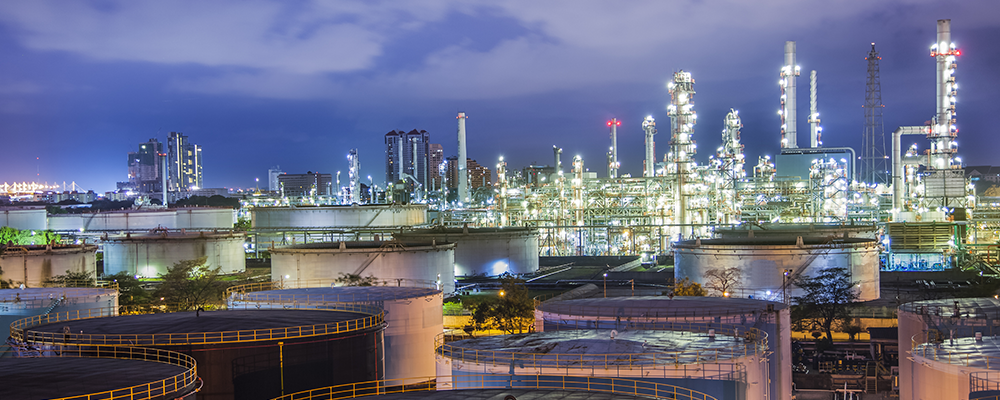
US Chemical Safety Board chairperson, Rafael Moure-Eraso, has called for “extensive improvements” to the regulation of refineries across America.
Mr Moure-Eraso made his comments in a new CSB safety video which explores the April 2nd 2010, explosion and fire at the Tesoro refinery in Anacortes, Washington.
A proceeding investigation by the CBS concluded that an ageing heat exchanger catastrophically failed, triggering an explosion and fire that fatally injured seven workers. The incident marked the largest loss of life at a US refinery since 2005.
“The CSB is seriously concerned by the number of deadly refinery accidents in recent years,” says Mr Moure-Eraso in the safety video.
“Extensive improvements,” he adds, “must be made in how refineries are regulated at the state and federal levels.”
Watch the safety video now
More about the US Chemical Safety Board
The US Chemical Safety Board is an independent federal agency tasked with the prime objective of investigating industrial chemical accidents.
Whilst the Board does not issue citations or fines, it is responsible for making safety recommendations to plants, industry organisations, labour groups and regulatory agencies such as OSHA and EPA.
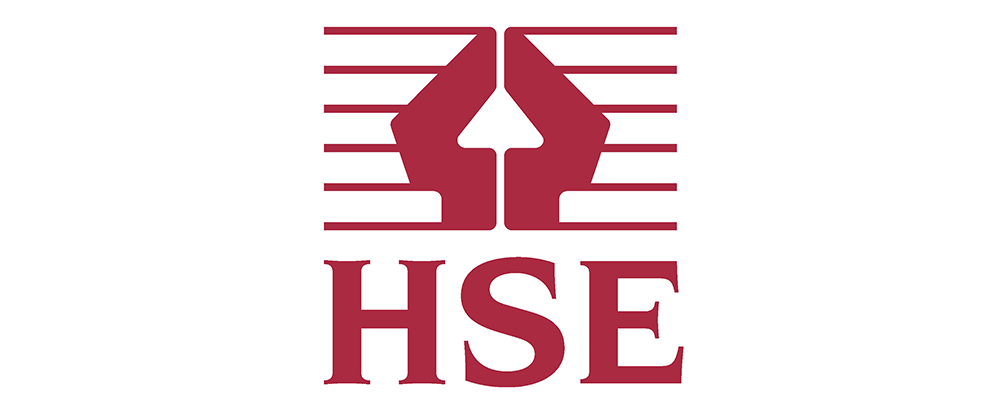
The Health and Safety Executive, in partnership with the Structural Timber Association, has written an ‘open letter’ to parties involved in the design, specification, procurement and construction of timber frame structures
It is hoped that the communication will promote a better understanding of the fire risk management across all rungs of the supply chain. Fire precautions during the construction of timber frame structures reside within the HSE’s remit.
“For any project, regardless of the construction method, duty holders have legal responsibilities to ensure the safety and health of workers and those who might be affected by their work activities, including those arising from fire risks,” the letter reads.
“Serious incidents have arisen where fires involving timber frame structures under construction have affected neighbouring buildings. Consequently, HSE has worked with the STA to produce guidance on reducing the risk of harm to people in buildings adjacent to the construction site.”
Appropriate mitigation methods, the letter advises, should “always” be developed prior to the commencement of construction on site.
What happens if I breach the safety laws?
The letter reads: “All those making design and procurement decisions that significantly affect fire risk should consider and reduce the risk and consequences of fire during the construction phase through DESIGN.”
Failure to do so, it adds, may constitute a “material breach1 for which HSE will apply its Fee for Intervention scheme to those duty holders who have contributed to the breach”.
You can read the whole open letter here

Optimism among key players in the North Sea oil and gas sector is at a five year low, according to new research from the leading UK offshore representative body.
Oil & Gas UK’s Business Sentiment Index, which is published quarterly, showed a plummet in optimism from two points above zero, to seven points below zero. Trigger factors influencing mood were identified as rising costs, a reduction in drilling and the fall in oil prices.
Oonagh Werngren, operations director at Oil and Gas UK, said: “Over the last six quarters, there has been a marked trend towards declining optimism in the sector but this is the first time the overall index has moved into negative territory since 2009.
“In recent months, the North Sea oil and gas industry has been considering the implications of a falling oil price which makes it harder to attract new investment.
“Many of our survey respondents expressed concern over future activity levels, which have not been helped by rising costs.”
Ms Werngren added: “The industry urgently awaits an announcement on the 28th Licensing Round, the appointment of the new chief executive officer of the Oil and Gas Authority and the outcome of the Treasury’s fiscal review to ensure that the basin remains competitive on a global basis. Together, answers on these should help boost confidence in the UKCS.”
Oil & Gas UK, which was established in 2007, represents the long-term health of the offshore oil and gas industry in the United Kingdom.
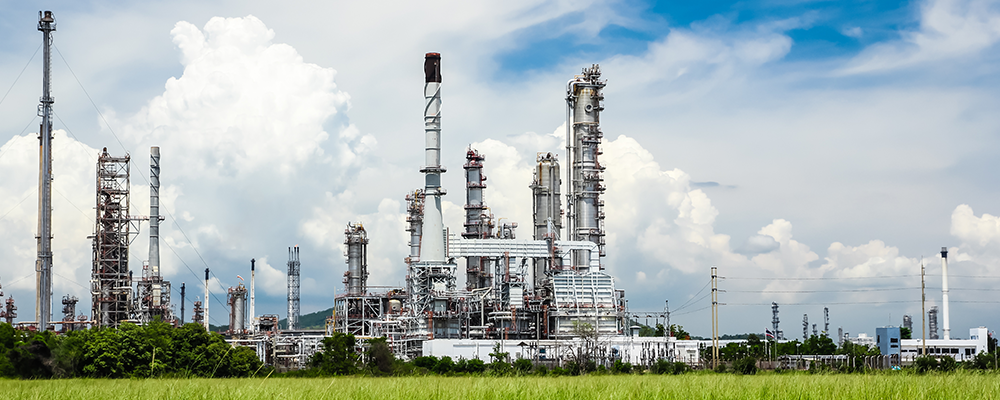
A new survey has highlighted worker complacency as one of the greatest roadblocks to improving safety in the oil and gas sector.
The survey from Dräger brings together the viewpoints of 129 self-identified, current and former safety managers and frontline workers. Whilst the majority believe the industry is committed to safety, four key challenges were identified as roadblocks to a healthier industry.
The two part survey, entitled Frontline Workers and Safety Managers in the Oil and Gas Industry: Four Roadblocks to Safety, reveals complacency, training, communication and a bottom-line focus as top concerns.
Worker complacency
Worker complacency emerged as the main roadblock to improved safety standards. Part two of the survey – which questioned safety managers and frontline workers – cast a spotlight on concerns at energy worksites.
Over half of frontline workers revealed that, prior to each day’s use, they do not bump test their gas detection devices in accordance with the recommended OSHA guideline.
- 28% said they performed the task once a week
- 8.7% did so twice a month
- 6.5% did so at their discretion
- 28.3% didn’t know
- 4.3% never perform a test
The findings stand in stark contrast with the 61.9% of safety managers who said they do conduct bump tests prior to each day’s use.
Health and safety training
The oil and gas industry continues to rapidly change due to the technological evolution. As such, the survey found that new safety challenges are being thrown up on a regular basis.
Ongoing and refresher training to educate workers in the ways of preventative and mitigation measures is therefore needed.
Dräger’s safety survey found:
- 61.9% of safety managers are ‘somewhat’ to ‘not satisfied’ with the regularity of safety education and training
- 71.4% of safety managers and 71.7% agree that lessons can be learned from past incidents
- 66.7% of safety managers believe that hazards and risks are only communicated to them after a major incident
- 52.1% of frontline workers are ‘often’ or ‘never’ made aware of hazardous events
Communication
The survey also underscored the important role communication between workers, managers and the boardroom plays in the holistic approach to safety.
- 93.5% of frontline workers and 95.2% of safety managers said they always make known their concerns when they observe a colleague deviating from a safe procedure
- Contrastingly, nearly 43% of safety managers believed they were only ‘sometimes’ or ‘rarely’ informed when a life-threatening incident happens onsite
- 56.5% of workers felt they were ‘sometimes’, ‘rarely’ or ‘never’ told
Bottom-line focus
Many participants believe that the drive for profits comes at the expense of worker safety, with productivity pressures cited as the prevailing roadblock to a firmer commitment to safety.
To shift this behavior and maximise safety standards, Dräger advises that oil and gas companies demonstrate strong leadership. In addition to a top down approach, equipping workers with the right technology and training would stimulate better site-wide safety.
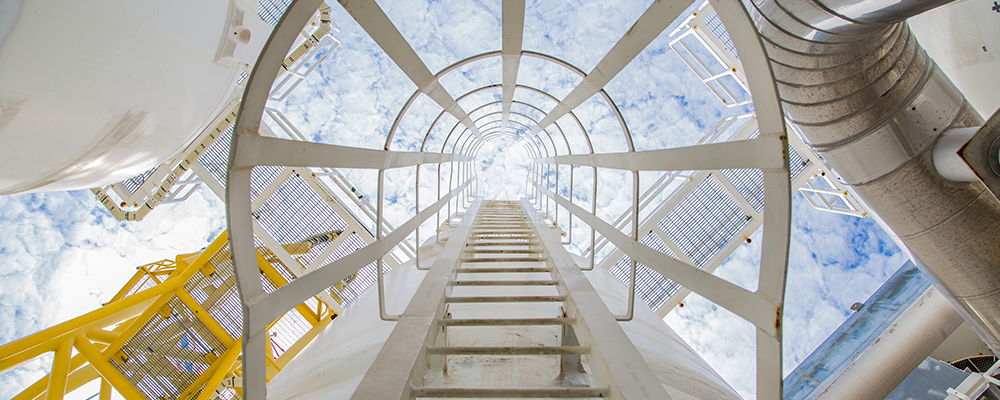
Looking to undertake the NEBOSH International Technical Certificate in Oil and Gas Operational Safety? Then you’re in luck.
Owing to popular demand, we’ve just added a new NEBOSH ITC oil and gas course date to the training calendar for this coming November.
The course, which imparts key skills to workers in the oil and gas sector, is to be held at CATCH, Stallingborough, in the industrial heartland of North East Lincolnshire.
Undertake the NEBOSH ITC in Oil and Gas Operational Safety on:
- November 2014, 24th – 28th
NEBOSH ITC in Oil and Gas Operational Safety
The NEBOSH International Technical Certificate in Oil and Gas Operational Safety highlights the importance process safety plays within the petrochemical industry and is perfect for:
- Managers
- Supervisors
- Employee representatives
- Newly appointed health and safety advisers
Once you’ve completed this NEBOSH oil and gas training course, we’ll follow it up with a half day assessment.
Students travel from the surrounding areas of Grimsby, Cleethorpes, Immingham, Hull, Lincoln and the wider UK to partake in NEBOSH training with us – we’re rather popular.
We have a few places still available for November’s NEBOSH course date.
Book your place now:

Drinks company Diageo Scotland Ltd has been fined for health and safety breaches after two workers were injured in falls from height at separate plants in Moray.
Elgin Sheriff Court heard that on 1st January, 2012, Robert Edward plunged nearly four metres from a portable ladder. Mr Edward, who had been clearing a blockage inside a chute in a grain silo at Burghead Maltings, was found unconscious by a fellow worker.
He was taken to hospital with concussion, a dislocated finger and a cut to the head. Mr Edward had restricted movement in his hand but has since returned to work.
Two months later, on 16th March, at Glenlossie Dark Grains Plant in Thomshill, Elgin, Peter Douglas, was standing on the engine bonnet of a loader shovel to wash the roof. He slipped, falling more than two metres to the ground.
Mr Douglas incurred a bleed to the brain and a shattered bone in his left leg. The incident affected his short term memory but he has since returned to full-time employment.
A subsequent investigation by the Health and Safety Executive revealed that drinks giant Diageo had failed to implement sufficient measures to prevent the use of ladders in unsafe circumstances when clearing blockages at Burghead Maltings.
Following the case, HSE principal inspector Niall Miller said: “Both of these incidents, which could have proved fatal for the workers involved, could have been avoided had Diageo Scotland Ltd ensured its employees were adequately protected from the risks associated with their jobs.”
Safety failings
The HSE found Diageo had provided platform ladders for access. Even so, the ladders were hard to manoeuvre across the areas of the silo floor and the lights and ducting on the ceiling.
At the Glenlossie plant, it emerged that instructions on washing the shovel were handed down from one employee to the next during initial training to be a loader shovel operator.
A risk assessment had not been conducted and no written instructions were present.
Mr Miller commented: “At Burghead Maltings, Diageo’s management was aware of the blockage issue; however they failed to identify that a safe method of working was not in place and that unsafe practices for clearing blockages had developed.
“At Glenlossie, a discussion with a loader shovel operator on how it was washed would have identified the dangers to employees. The risk assessment on the use of the loader shovel should also have considered the risks associated with its cleaning.
“In both cases Diageo had provided work at height training, which included risk assessment training, and believed their employees should be competent to plan and carry out work at height. However, it is not sufficient for health and safety instructions merely to be given to workers; employers must also ensure those instructions are carried out.”
Diageo Scotland Ltd, of Lochside Way, Edinburgh Park, Edinburgh, was fined a total of £18,000 after pleading guilty to breaching Regulation 6(3) of the Work at Height Regulations 2005 for the Burghead incident, and Section 2(1) of the Health and Safety at Work etc Act 1974 for the Glenlossie incident.
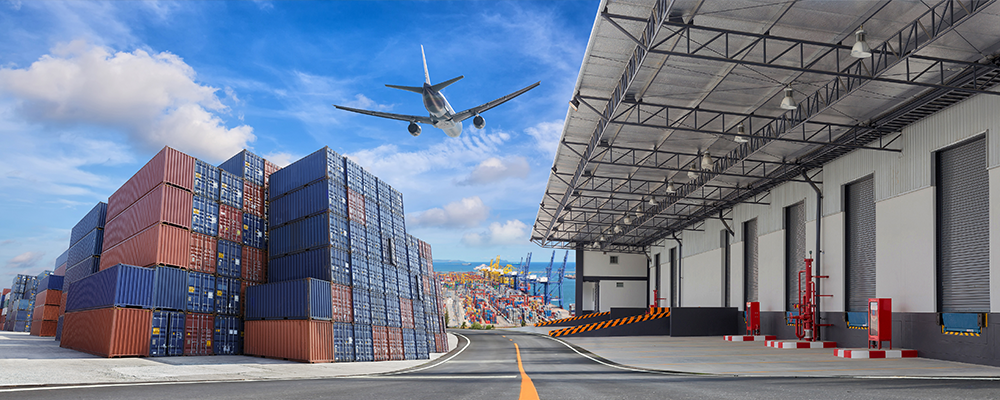
All aboard. Ladies and gentlemen, thankyou for choosing to fly with our airline. The holiday mood quickly turned sour on one flight though when a tannoy announced hot drinks could not be taken through the gate when boarding the aircraft.
The reason? It is in contravention of health and safety regulations.
Passengers were taken aback. The Health and Safety Executive’s myth panel was quickly on the case, bringing a grounded reality to the tannoy statement.
It found that, contrary to the statement, occupational health and safety law does not prohibit passengers from carrying hot drinks past the boarding gate.
The safety myth busters also ascertained that the Civil Aviation Authority enforced legislation does not prohibit this practice.
The HSE panel concluded that there may be a number of legitimate reasons why either an airport operator or aircraft operator would not want to allow passengers to carry hot liquids past the boarding gate.
Even so, it would have been “helpful” had the announcement explained this rather than parking responsibility at the feet of health and safety legislation.
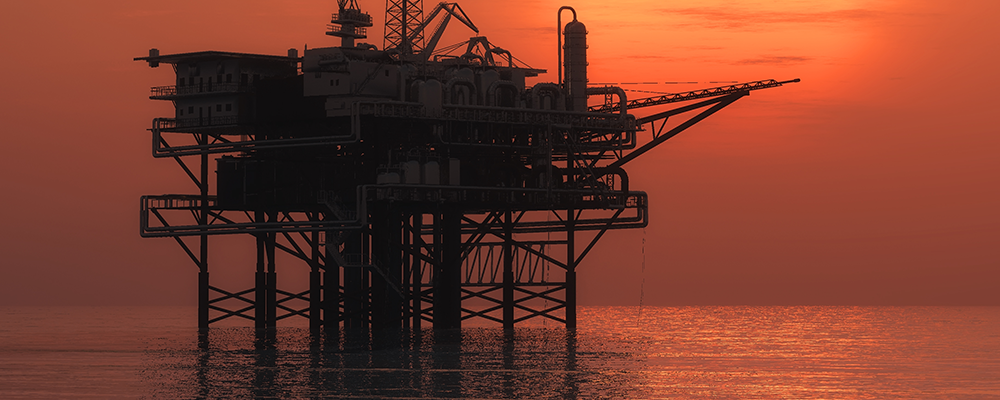
The Health and Safety Executive and the Department of Energy and Climate Change has formed the Offshore Safety Directive Regulator. OSDR will act as the Competent Authority responsible for implementing the requirements of the EU Directive on the safety of offshore oil and gas operations.
The UK is required to implement Directive 2013/30/EU on the safety of offshore oil and gas operations by 19th July, 2015.
It is designed to reduce, as far as possible, the occurrence of major accidents related to offshore oil and gas operations and to mitigate their consequences.
A website has been created for OSDR to provide information and guidance on its activities

Safety is a key part of ensuring your fireworks display goes off with a bang. With good planning, the event can sparkle as you intend: an enjoyably safe and spectacular occasion.
The Health and Safety Executive has therefore released guidance to help those:
- Organising a major public event
- Planning a local firework display
With November 5th right around the corner, let’s take a look at how you can plan, implement and follow through a robust plan of action.
What should we do prior to the fireworks event?
- Who will operate the display? You can light a display yourselves as long as it only consists of fireworks in categories 1, 2 and 3
- Category 4 fireworks – which can be lethal – can only be used by professional firework display operators
- Ask yourself whether the site is suitable and large enough for your display and/or a bonfire
- Make sure there is space for the fireworks to land well away from spectators
Inspect during daylight for overhead power lines and other obstructions. Also take into account the direction of the prevailing wind and what would happen if it changed
- Have a response plan in place in case something goes wrong and assign somebody with responsibility for calling the emergency services
- Always purchase the fireworks from a reputable supplier
- Is your display to be provided by a professional firework operator? If so, clarify who does what especially in the event of an emergency
- Safe storage of the fireworks prior and during the event is important. Ask your firework supplier or local authority to advise
- If you are licensed to sell alcohol then the bar should be positioned well away from the display site
What should we do on the day of the fireworks event?
- On the day of the event, carefully recheck the site, weather conditions and wind direction
- Prevent anybody from entering the zone where the fireworks will fall
- Encourage spectators to drink responsibly on the site
- Do not allow spectators to bring their own fireworks onto the site
What should we do if we have a bonfire?
- If you have a bonfire, make sure the structure is sound. Always check that there are no small children or animals inside it before lighting it
- Do not use petrol or paraffin to light the fire
- Task only one person with responsibility for lighting the fire
- The responsible person – along with any helpers – should wear suitable clothing – for example, an outer garment made of wool or other low-flammable material
- Ensure that the person lighting the fire – and any helpers – are fully aware of what to do in the event of a burn injury or clothing catching fire
- Never attempt to relight fireworks
- Stand well clear of fireworks that have failed to go off
What should we do on the morning after the fireworks event?
- The morning after the event, carefully check and clear the site
Dispose of fireworks safely
- They should never be burnt in a confined space – for example, a boiler
What should we do if we are organising a major public display?
For major displays, a more robust approach is needed. Here’s some additional points to consider if your event involves category 4 ‘professional’ fireworks or very large number of spectators.
- Plan and mark out the areas for spectators, firing fireworks – and a safety zone around it – as well as an area where the fireworks will fall
- Take into account how people will enter and exit the site
- If possible, strive to keep pedestrian and vehicle routes apart
- Mark exit routes clearly and ensure they are well lit
- Ensure emergency vehicles can get access to the site
- Appoint enough stewards/marshals and ensure they are fully briefed on their roles and what they should do in the event of an emergency
- Contact the emergency services and local authority. And, if your site is near an airport, you may need to inform them
- Signpost the first aid facilities
Do we need public insurance?
Insurance is not compelled by health and safety law in such instances. Even so, if you are holding a public firework display, it’s a good idea to have public liability insurance. As most companies are not used to dealing with these types of events, it is advisable to shop around.
Click for further fireworks guidance
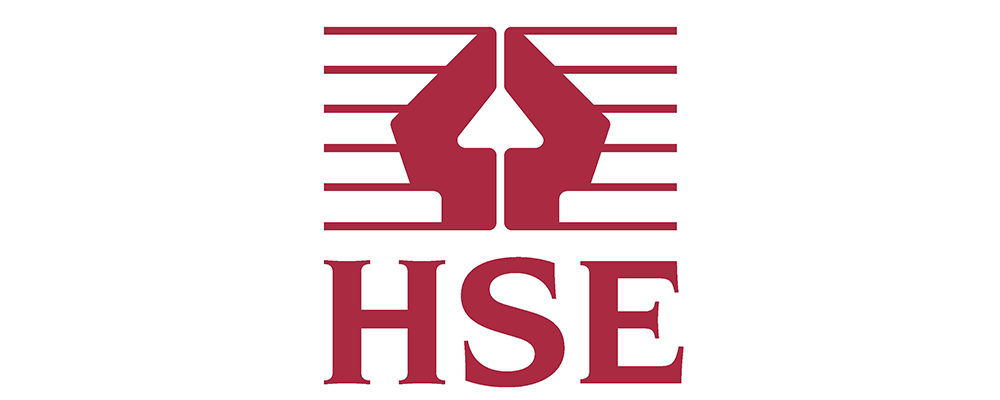
In the age of 24-hour television, one viewer was left staring at a blank screen after a TV satellite company refused to commission an installation after 5pm. The reason? Because it was unsafe to do so and contravened health and safety regulations.
The customer was taken aback – hardly a surprise given the issue resembles some sort of absurdist plot from an episode of Curb Your Enthusiasm.
Rather than pursuing the issue Larry David-style, the individual took the high road and contacted the Health and Safety Executive.
The HSE’s myth panel was quickly on the case.
It found that, contrary to the statement, there is in fact no workplace health and safety legislation that prohibits the installation of TV equipment after 5pm. The customer service advisor was therefore inaccurate to describe the service a contravention of health and safety regulations.
Since the panel’s ruling, the satellite provider has confirmed this is not company policy. It will broadcast the message to staff to ensure they understand what engineers can and can’t do.
At RTS, we think that’s pretty, pretty, pretty good.












